|
11/1/2020 3 Comments Adventures in Steno: Week Three Now that I’m three weeks into the NCRA course, I can say I’m 100% hooked. I’m sure this is a career path that I want to take and am incredibly excited about all the possibilities. This week in class, we had another guest speaker, a long-time court official in the Twin Cities. It was enjoyable to listen to her perspective and get some encouragement as well. There’s another “mature” student in my class who asked if it’s too late to get started. The other student is also in her early 50s. Our guest was extremely encouraging because she mentioned how important life experience can be in this line of work. I certainly have seen this in my scoping work, so I know it will be valid for stenography as well. I realized that I haven’t really explained everything that’s been happening in the A to Z class, so on this blog, I will try to do that a bit. Here’s how our class is structured:
That’s it for this week! I will leave you with a couple of quick Amazon recommendations today. These are affiliate links, so thanks for checking them out!
3 Comments
10/25/2020 0 Comments Adventures in Steno: Week Two I’m now two weeks into NCRA A to Z classes, and my third class will be tomorrow. As I’ve been thinking, practicing, and researching, I’ve noticed that I’m the kind of person who habitually thinks of why I can succeed at something rather than why I can’t. I took this same approach with proofreading training as well as scoping training. It’s not that I never look at the negatives in a situation; I do! However, I don’t talk myself out of things because of my perceived shortcomings. Instead, I’m more likely to think about whether something would be a good match for my interests or whether it’s the kind of work I could see myself doing. For example, I’m a “mature” student for court reporting, and maybe some people would think that means it’s too late! But to me, it means I bring decades of knowledge, experience, and vocabulary to the table. Maybe I don’t have what it takes, but it won’t be a negative attitude that brings me down. In fact, I think my determination and positive attitude are going to be critical in this venture! In terms of practicing at my steno machine, I am cementing in the habit of prioritizing practice by beginning each day at my machine—after coffee, of course! I had a similar routine for proofing and scoping training, and it’s magical! I’ve looked at some YouTube videos about succeeding in court reporting school, and this is a common theme, so I’ll be sure to keep it up. This week I’ve worked on creating some of my own dictation exercises of the steno keys and some beginning words in addition to using what was provided by the NCRA class plus what I’ve found on YouTube. These custom dictations allow me to revisit problem areas, which has been very helpful. I know all the keys now, and I’m pretty excited about that! I’ve been working beyond the NCRA class and will probably continue to do that because my motivation is high. At this point in the NCRA class, we’ve covered the vowels, B (on the left and right side of the keyboard), number 5 (created with the number bar and the letter A on the keyboard), and the asterisk. I took delivery on my own writer (refurbished) on Tuesday and was a bit dismayed to find out that the little screen on it does NOT show steno. I should have read the description a bit better! I did get it hooked up to my computer and display the steno through the student version of CaseCAT, but I don’t recommend going this route unless you already really know that software! After getting the steno to display, I also had to get used to the writer because it feels a bit different than the one I’m borrowing from school. I like it, though! I love that it’s my very own little magic machine! This week, I’ve also been haunting around several Facebook communities and picking up information on different kinds of training, steno theory, and equipment. I also bought a used copy of StenEd Realtime Theory Volume I to get an idea of what a steno textbook looks like. It’s relatively familiar since I learned to read notes in scoping school, but I can see there will be many, many hours of practice in my future. My goal will be to practice for four Pomodoro sessions per day this week! I’ll let you know next time how I did. 10/18/2020 1 Comment Adventures in Steno: Week One On October 12, I officially began a free intro to steno class through the one court reporting school here in Minnesota, in conjunction with the National Court Reporters Association A to Z Intro to Steno Machine Shorthand class. I picked up my writer at the school on the morning of class and began trying it out the moment I got home. Even though I’m using an old machine (it still has a paper tray to record the steno with ink!), it seems absolutely magical, and I’m quite in love with it. The first class session had some local guest speakers to explain different types of careers in stenography: a 37-year-veteran from the court system, a freelancer who is also a firm owner, a captioner, and two current students. The second half of class involved making sure everyone’s writer was working, and then we got started with some beginning strokes on the machine. We were given a handout for the introductory lesson as well as lesson one, which I knew I would be practicing as much as possible. One thing that surprised me is how easily the keys press on my machine, even though it’s older. They are a little springy and pleasant to use. Over the past week, I’ve completed at least two practice sessions per day and often hit three sessions. I use a Pomodoro timer app, which gives me 25-minute sessions before taking a break. I feel a bit of fatigue in my fingers, but the good kind, like after you have a good workout and your muscles feel a little rubbery but also energized. In addition to the NCRA A to Z handout, I’ve been using some YouTube videos that go with Project Steno’s Basic Training class, which is a similar introductory class. The lessons are a bit different, but I’m really hungry right now to hit the ground running! I’ve looked for additional practice materials but came up a bit short, so I’ve been making up some exercises myself to get my fingers going and to memorize the steno keyboard. I’m looking forward to class tomorrow to receive more handouts for more practice! My takeaway for this week: I love writing on the steno machine much more than I thought and find it exciting and engaging in a way that will keep me hooked for a while. It’s like a puzzle with almost unlimited pieces. This should be an exciting journey. While you’re here, can I drop a quick advertisement on you? I’m an Amazon affiliate and enjoy sharing handy items I’ve personally bought and use. Amazon pays me a few bucks a month on these. That’s how content generation works these days. Here are a few recommendations:
10/17/2020 1 Comment Adventures in Steno: Introduction Here begins my attempt to document my journey of exploring a career in stenography. During transcript proofreading training in 2017, I became keenly interested in what might be going on in depositions and court beyond what the written transcript could show me. I knew I wanted to hear what was said off the record, and I wanted to hear what people sounded like! My interest grew even more as I began working as a proofreader and would receive notes from my clients about how the witness had a difficult accent or how the lawyer was a really fast talker. I really wanted in on that! I consider myself an inquisitive person. This curiosity sometimes borders on nosiness, to be honest, but all character qualities do seem to have both a positive and a negative expression. After I began working as a full-time transcript proofreader, the next logical step for me became pursuing scoping training because I was so interested in all aspects of transcript production. I saw that scoping could include learning to read machine stenography (secret code: cool!), listening to everything that happened in the room (court or deposition), and also mastering powerful software. I adore smart technology and learning, so this training was a great fit. As I gained more experience with scoping, I had exposure to a plethora of proceedings: civil trials, criminal trials, depositions, public hearings, chambers hearings, arbitrations, and other legal miscellany. I loved hearing the audio. I think accents are interesting, while many people are bothered by them. I also love dialects and the fun little oddities that come up in conversation. At least one time since completing scoping training in late summer/Fall 2018, I also looked into training as a court reporter. There were a few things that put me off:
So what’s different now?
Stay tuned as I write about my experiences testing the waters with a free introductory class. While you’re here, can I drop a quick advertisement on you? I’m an Amazon affiliate and enjoy sharing handy items I’ve personally bought and use. Amazon pays me a few bucks a month on these. That’s how content generation works these days, right?
Here are a few recent finds: (Click image to go to the product.) |
Archives |
Copyright © 2017-2021, Christine Bartizal-Smith
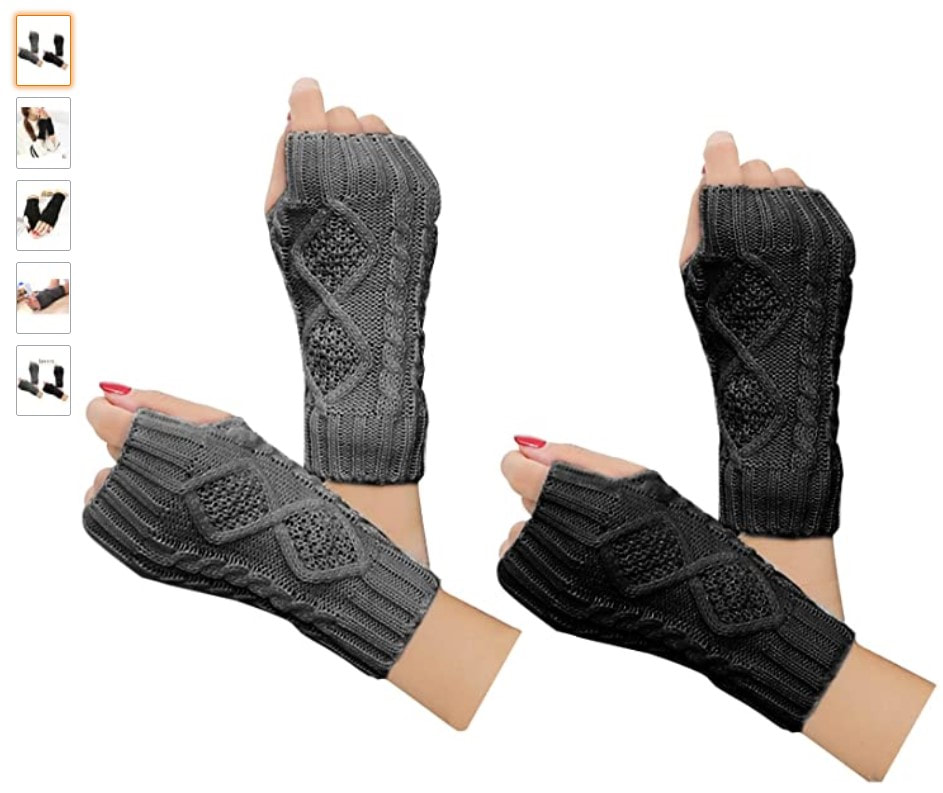
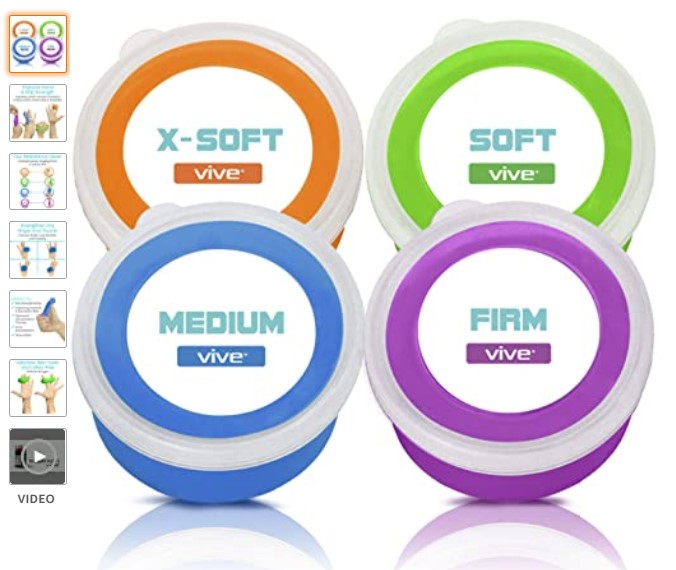
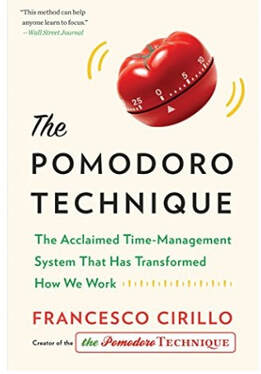

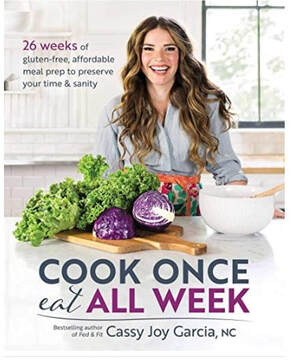
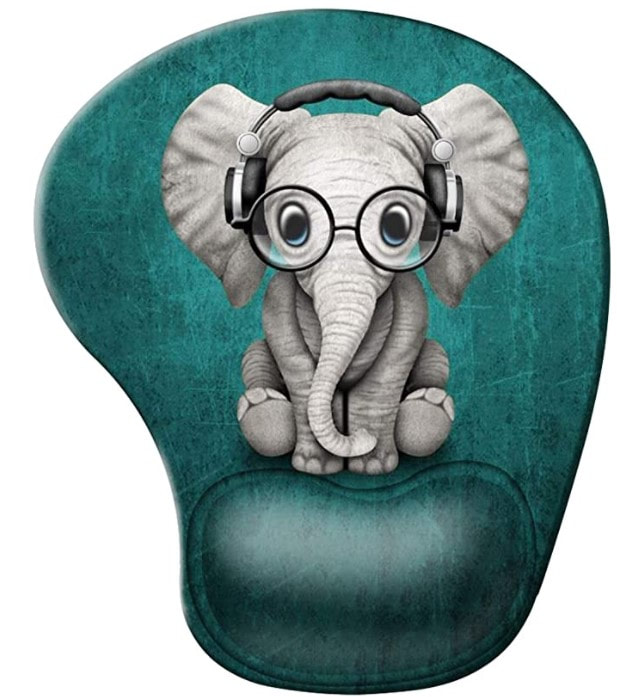
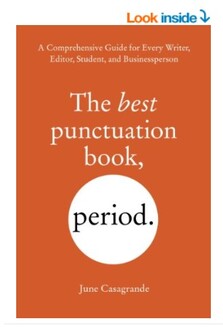
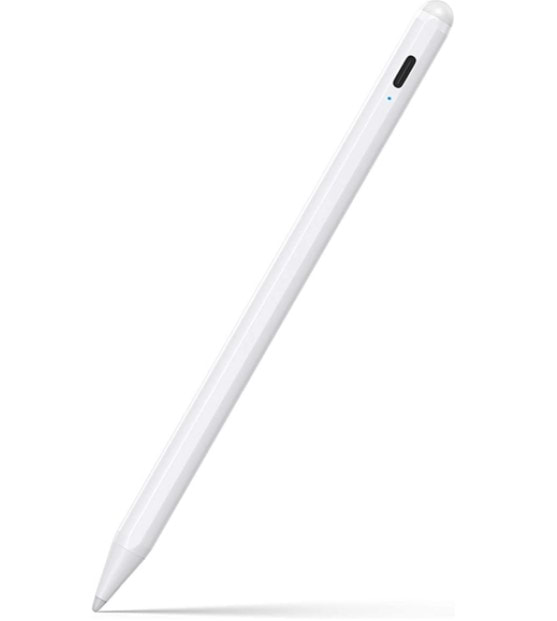
 RSS Feed
RSS Feed